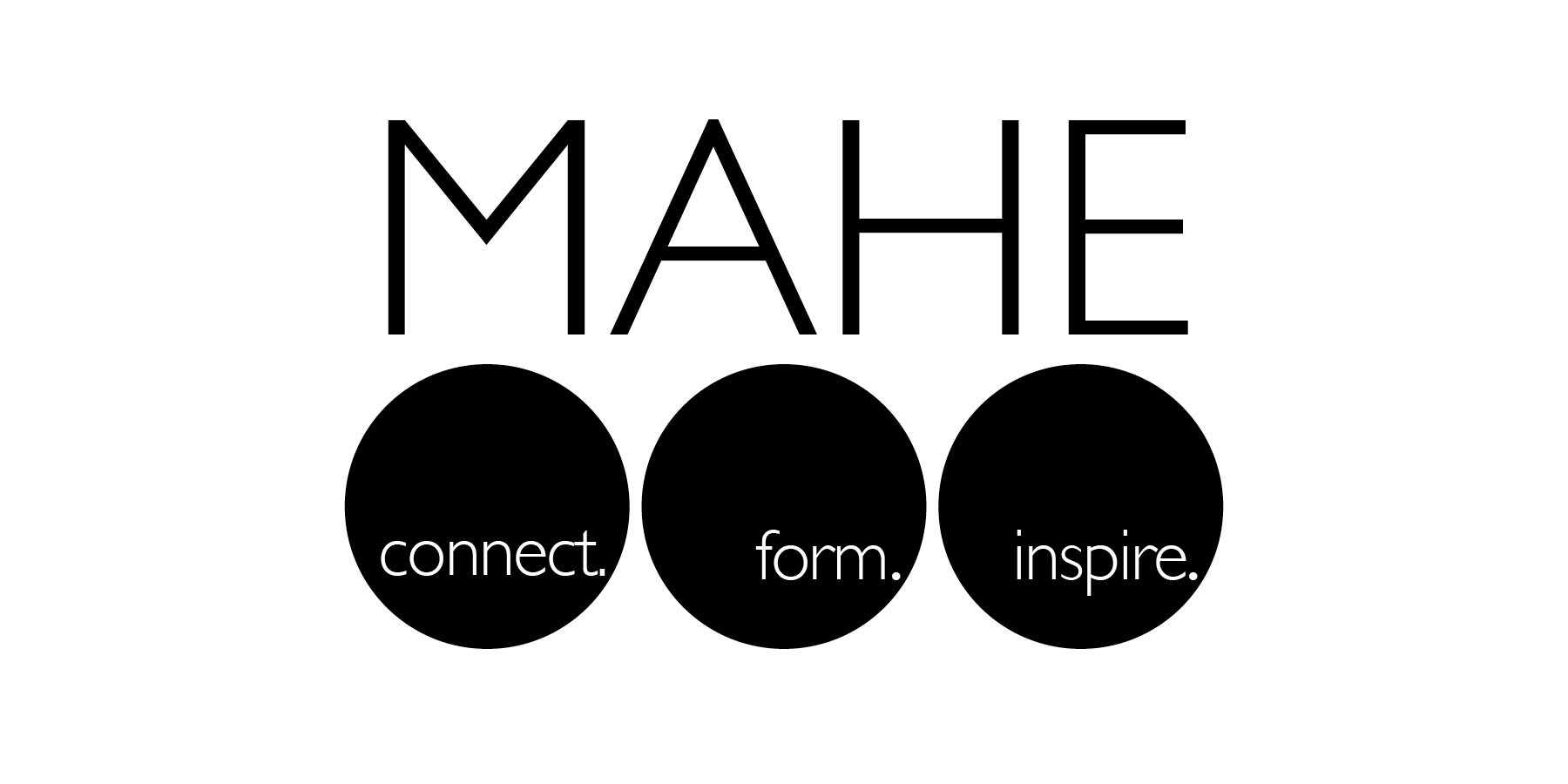Master of Arts in Higher Education (MAHE) Theses
Date of Award
2016
Document Type
Thesis
Degree Name
Master of Arts (MA)
First Advisor
Drew Moser
Second Advisor
Linda Manganello
Third Advisor
Tim Herrmann
Abstract
Achieving gender reconciliation involves the consideration of many different conflicts between the sexes, from institutional to individual conflict. Men and women have identified inequality in workplaces (Elkins, Phillips, & Konopaske, 2001), education systems (Ancis & Phillips, 1996), sexualized media (Hoyt & Kogan, 2001) and judicial courts (Sanauddin, 2012). Additionally, negative personal relationships have led to deeply rooted mistrust between men and women (Nomaguchi, Giordano, & Manning, 2011). Conflict exists at the most basic level of identity formation. Gender identities comprise behaviors and traits that have opposing gender associations (Long, Fish, Scheffler, & Hanert, 2014; Monin, Clark, & Lemay, 2008). Efforts are in motion, however, to reconcile men and women in society. Some programs focus on males and healing wounds left by fathers (Long et al., 2014; Jennings, 2011), and well-known public figures are taking a stand for global gender equality on behalf of both sexes (Watson, 2014).
This study explored the awareness male and female college students have of existing gender inequalities, as well as their evaluation of the feasibility of gender equality and reconciliation. Since discrimination and equality movements have become apparent in higher education (Ancis & Phillips, 1996), this study examined whether students can articulate the benefits and disadvantages both men and women experience because of their sex. This study also explored ways college students can participate in gender reconciliation—on behalf of both men and women—on their campuses.
Recommended Citation
Allen, Charles Warren, "Exploring the Shared Cores of Gender Issues: The Significance of Same-Sex Interactions as Pathways to Equality and Reconciliation" (2016). Master of Arts in Higher Education (MAHE) Theses. 26.
https://pillars.taylor.edu/mahe/26


